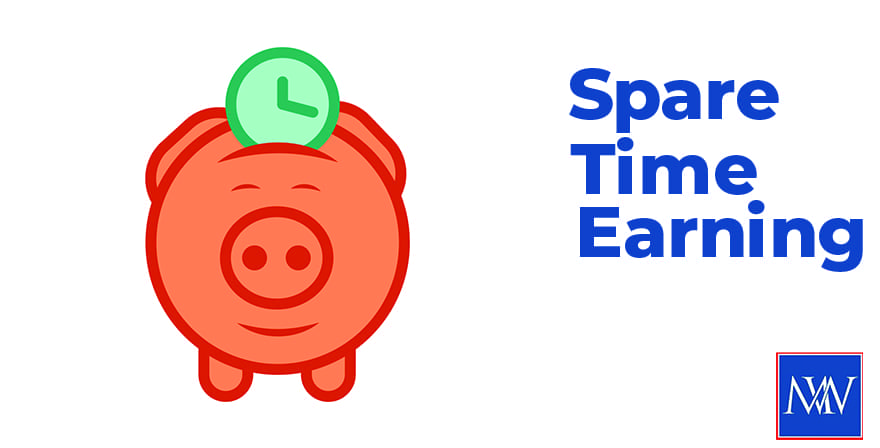
Spare time earnings may be tax-free
The new trading tax allowance for individuals of £1,000 was introduced from 6 April 2017 and applies for the 2017/18 tax year onwards. In broad terms, the allowance means that individuals with trading income below the annual threshold may not need to report it to HMRC and may not need to pay tax on it.
This allowance may be particularly useful to individuals with casual or small part-time earnings from self-employment, for example, people working in the ‘gig economy’ (Deliveroo workers and such like), or small-scale self-employment such as online selling (maybe via eBay or similar). It means that:
- individuals with trading income of £1,000 or less in a tax year will not need to declare or pay tax on that income
- individuals with trading income of more than £1,000 can elect to calculate their profits by deducting the allowance from their income, instead of the actual allowable expenses.
Practical implications of the allowance include:
- where actual expenses are less than £1,000, deducting the trading allowance will be beneficial, whereas if actual expenses are more than £1,000, deducting the actual expenses will give a lower profit figure, and ultimately a lower tax bill
- where income is less than £1,000, but the individual makes a loss, an election for the allowance not to apply may be made – in this case, the loss in the usual way and include the details on their tax return, meaning that loss relief is not wasted
Example – Income less than £1,000
Graham enjoys picture-framing in his spare time, and he occasionally frames prints for family and friends for a small fee. During the 2018/19 tax year, he received income of £700 from this source, and his expenditure on framing equipment amounted to £300. As Graham’s trading income is less than £1,000, he does not need to report it to HMRC and he does not need to pay tax or national insurance contributions (NICs) on it.
Example – Income exceeding £1,000
Mary enjoys baking and makes celebration cakes to order in her spare time. In 2018/19, her income from cake sales is £1,500 and she incurred expenses of £300. As Mary’s expenditure is less than £1,000, she will be better off if she claims the trading allowance. Her taxable profit will be £500 (£1,500 less the trading allowance of £1,000).
More than one source of trading income
Although the trading allowance may work well for many small-scale traders, care must be taken where a person’s main source of income is from self-employment and their secondary income is from a completely separate small-scale business. HMRC will combine income from all trading and casual activities when considering the trading allowance. In this type of situation, where the allowance is claimed, the individual will not be able to claim for any expenditure, regardless of how many businesses they have and how much their total business expenses are.
Example – More than one income source
Mark is a self-employed car mechanic and has the income of £30,000 in 2018/19. His business expenditure for the year is £10,000. In his spare time, Mark buys and sells old collectible car magazines via the internet. During 2018/19 he received net income of £1,000 from this source. If Mark claims the trading allowance against his part-time income, he will be unable to claim expenses of £10,000 against his car mechanic income, and his taxable profit for the year will be £30,000. If he doesn’t claim the trading allowance, his taxable profit for the year will be just £21,000.
Need Accountancy Support?
For information on bespoke training, or if you have any other questions for Makesworth Accountant, please fill in your details below




















 150
150